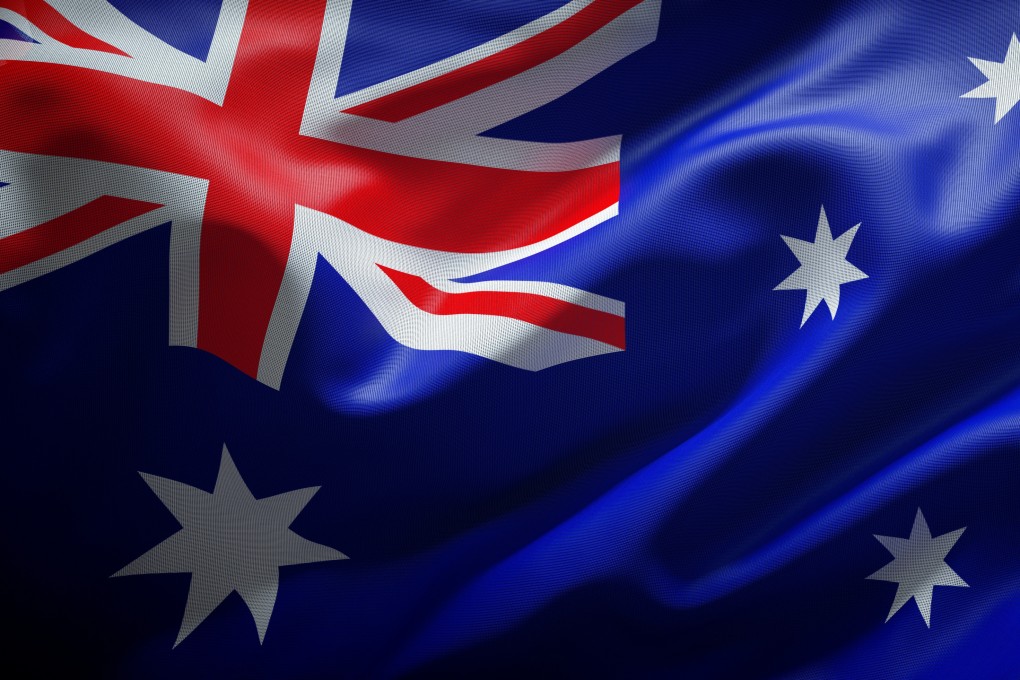National security law: Hong Kong resident with Australian citizenship prosecuted for subversion last year, Canberra confirms
- Source identifies individual as Gordon Ng, one of 47 opposition activists arrested in January last year
- Consular officers sought to offer assistance several times but were denied, due to Hong Kong law on recognising dual nationalities, Canberra says

A source identified the individual as Gordon Ng Ching-hang, one of 47 opposition activists arrested in January last year, and said he had remained in detention ever since. The 42-year-old could be jailed for life if found guilty.
The confirmation came as the city’s security chief revealed the consultation process for a long-shelved local national security bill would begin in May and the legislation would be tabled in the second half of the year.

The Australian Department of Foreign Affairs and Trade said one of its citizens was arrested for conspiring to subvert state power on January 6 last year, rearrested on March 1 and charged with subversion.
The details provided showed the man was one of the 47 activists and politicians detained that day under the security law as part of a broader crackdown in the city.
The department also said requests by Australian officials to offer consular assistance to the man were denied, as Hong Kong no longer recognised dual citizenship.
“Officials from our consulate … have attended the subsequent court hearings,” a spokeswoman said.
“However, we have been denied consular access despite multiple attempts because the individual is deemed to be a Chinese citizen under China’s citizenship laws, which do not recognise dual nationality.”